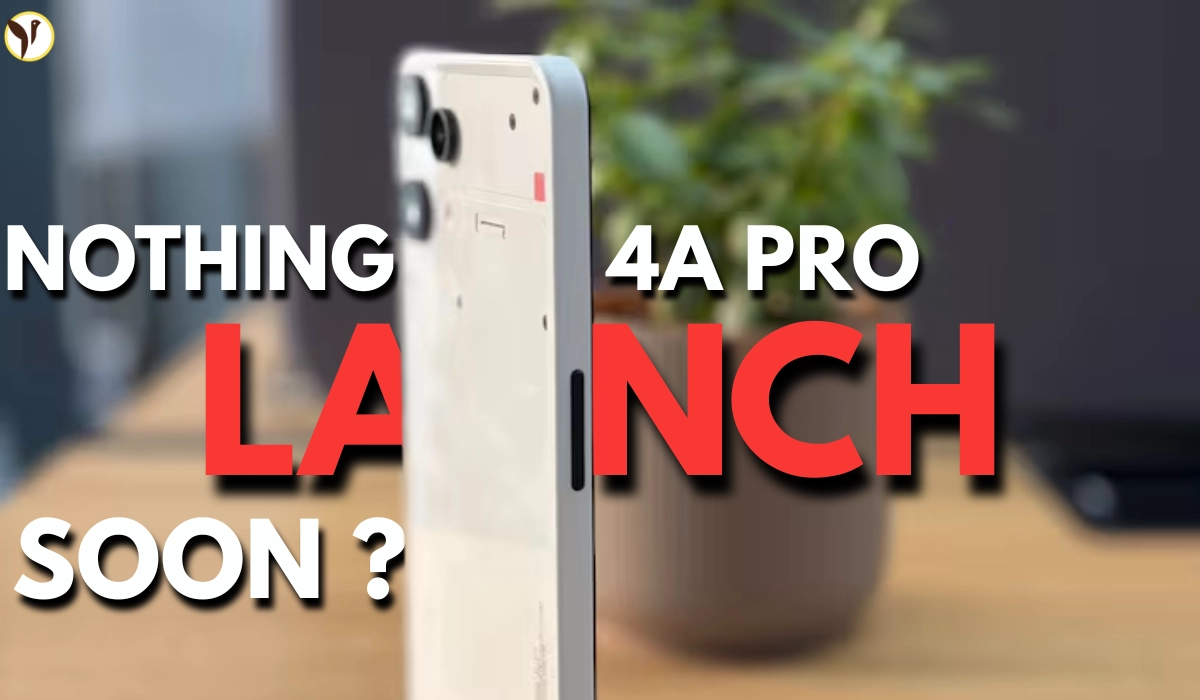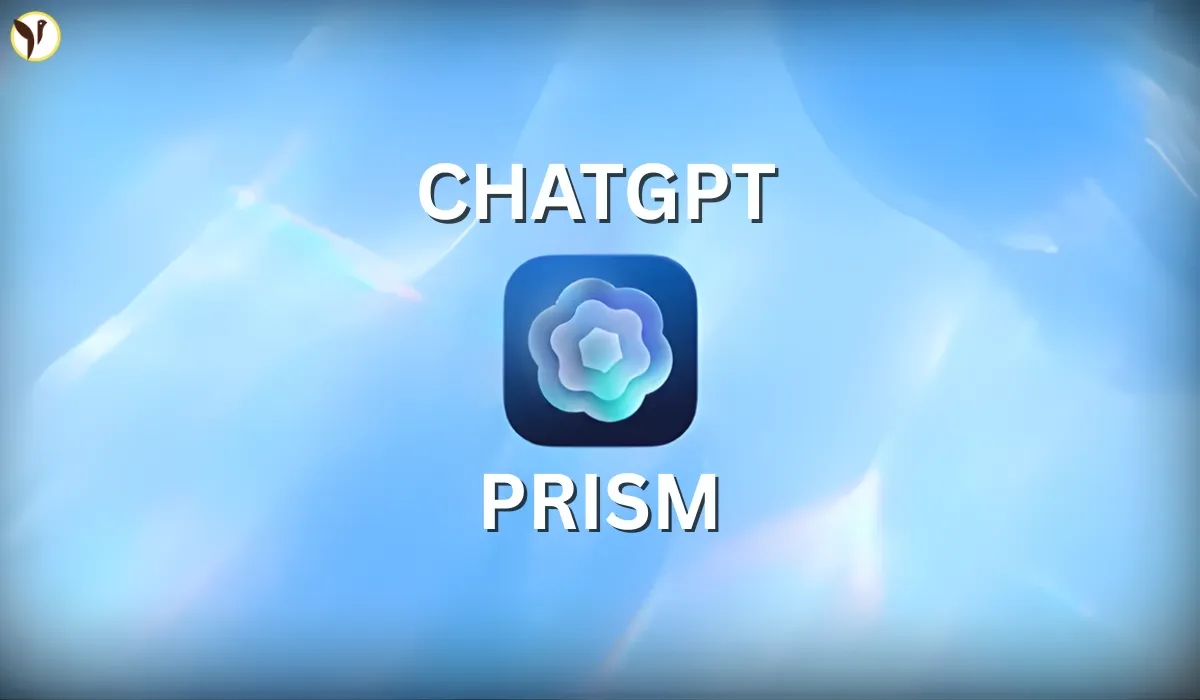Google is once again in trouble in Australia. After facing criticism for its Play Store and YouTube practices, now its Google Search business has come under fire. The Australian Competition and Consumer Commission (ACCC) has accused Google of signing anti-competitive deals with big telecom operators. These deals made Google Search the default option on millions of Android phones, blocking fair competition.
On Monday, Google accepted the allegations and has agreed to pay A$55 million (around USD $36 million). While the settlement is waiting on approval from the Federal Court of Australia, it raises important questions about monopoly power and consumer rights.
What Did Google Do in Australia?
According to the ACCC, between December 2019 and March 2021, Google made agreements with Telstra and Optus, two of Australia’s biggest telecom providers.
- These deals forced Google Search to be the default pre-installed search engine on Android devices sold through these telcos.
- Google compensated the firms for sharing part of its advertising revenue.
- This agreement excluded rival search engines like Bing and DuckDuckGo from competing effectively.
The ACCC said these contracts restricted consumer choice and created imbalances in Google's favour.
ACCC Chair Gina Cass-Gottlieb stated the following:
“Exclusive contracts like these lessen competition and restrict consumer ability to effortlessly access alternative search engines.”
Why Is This Important?
Google is already a key player in the global search market, with a control over a 90% of market share. In Australia, its position is even stronger. By striking exclusive deals with telecom companies, Google made sure that almost every Android phone sold in the country automatically used Google Search.
This gave Google:
- More control over search traffic
- More advertising revenue
- Fewer opportunities for rivals to grow
For ordinary users, it meant they never really had a choice. Most people stick with whatever is pre-installed, and Google knew that.
Google’s Response
Google admitted liability in this case. It has also promised that such exclusive pre-installation deals will not happen again in Australia.
A Google spokesperson said in a statement:
“We take the concerns raised by the ACCC seriously. We have already stopped signing such agreements and are committed to supporting consumer choice.”
What Happens Next?
The Federal Court of Australia will now review the settlement and decide whether to approve the fine. If approved, Google will have to pay A$55 million, one of the largest penalties ever imposed on the company in Australia for antitrust issues.
Along with Google, Telstra and Optus (and also TPG later) have promised not to enter such agreements again. This is expected to create more space for alternative search providers in the Australian market.
A Pattern of Trouble for Google
This is not the first time Google has been pulled up by regulators in Australia.
- In recent years, Google has faced scrutiny over its Play Store rules, including commissions charged to app developers.
- YouTube has also come under pressure for its handling of advertising and competition issues.
Globally too, Google is facing antitrust cases in the US, EU, and India. The Australian fine now adds more weight to the argument that Google’s market dominance is often unfairly maintained.
What Does It Mean for Consumers?
The ACCC believes this case will help increase consumer choice. When people buy a phone in the future, they may see more search options during setup instead of being automatically tied to Google.
This could also encourage the competitors like Bing, DuckDuckGo, and even local players to become more competitive. While Google will remain the most popular option, regulators hope that users will now get to decide more freely.
Public Reactions
The news has prompted a lot of mixed reactions online. Some are excited to see regulators take a stand, while others feel a large company like Google would not feel a fine of even 7 million.
one user on X wrote:
"Australia's ACCC says Google agreed pay a ~$36M fine over deals from 2019-2021 with Telstra and Optus to pre-install only Google Search on Android phones"
That's just 52 minutes of revenue for Google 🤯 -> Australia's ACCC says Google agreed pay a ~$36M fine over deals from 2019-2021 with Telstra and Optus to pre-install only Google Search on Android phones
— Glenn Gabe (@glenngabe) August 18, 2025
"Google admitted the arrangement had a substantial impact on competition… pic.twitter.com/wrekl2F2fu
These voices reflect a wider sentiment that people are tired of tech giants using their size to control markets.
A Turning Point for Competition in Australia?
The ACCC has emphasized that this case is part of a broader effort to ensure that digital markets are fair. The ACCC wants to make sure that no company can block competition with hidden contracts, regardless of how large the company is.
If the amount of the fine against Google is approved by the Court, it could send a strong message to not only Google, but all global technology companies operating in Australia.
It also demonstrates that Australia is prepared to take on Big Tech, even if it means confronting powerful multinational companies.
Final Thoughts
For now, the Google case shows that Australia is serious about tackling Big Tech monopolies. While the fine may not hurt Google’s pockets much, it sets a precedent for future regulation.
It also gives hope to smaller competitors and consumers who want more freedom of choice. Whether this will truly change the search engine landscape remains to be seen, but it is certainly a bold step in that direction.









